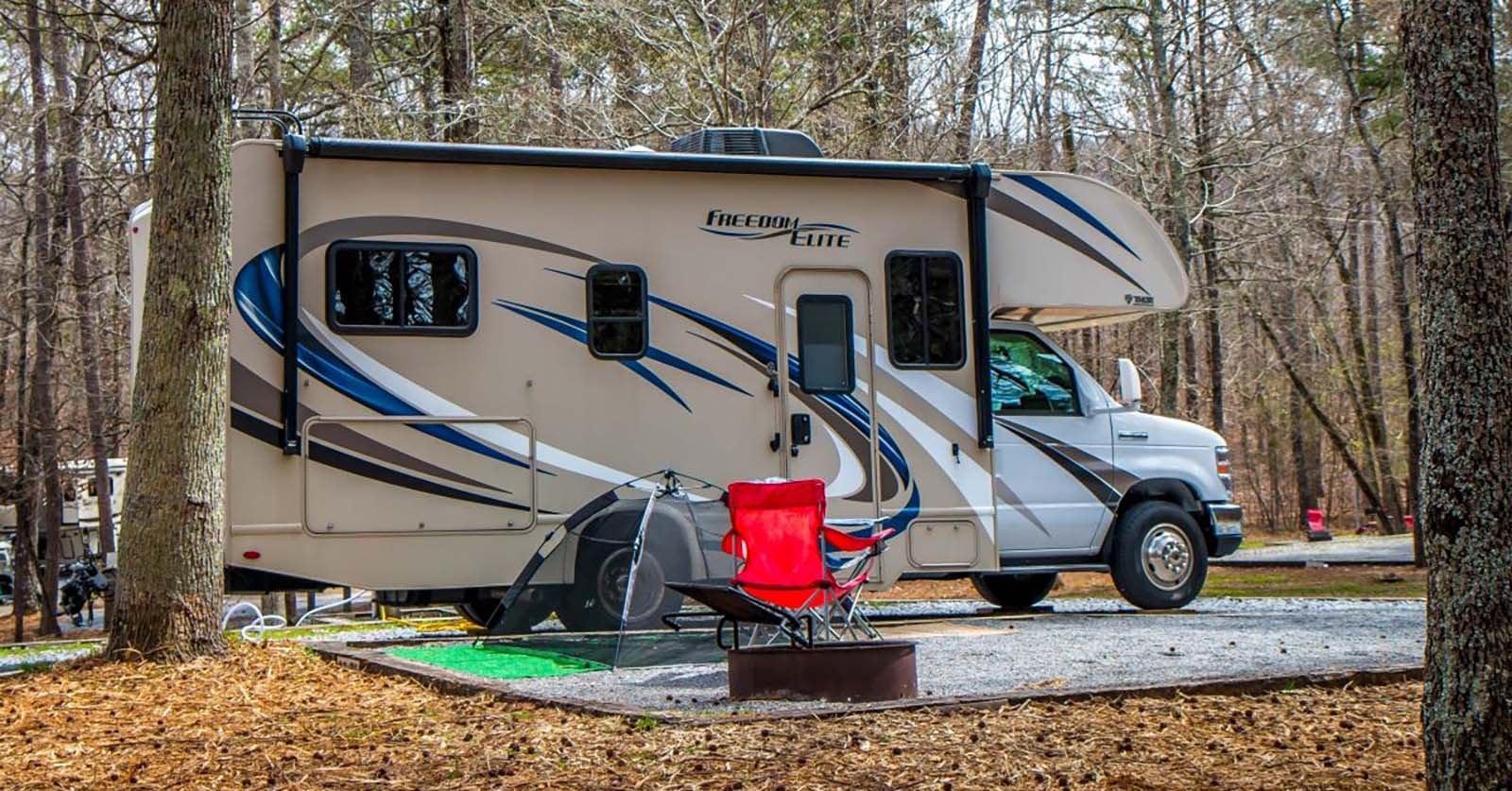Title: Winter Maintenance Tips for Your RV Battery

Introduction: As the chilly winter season approaches, it is essential to take proper care of your RV battery to ensure its longevity and performance. In this article, we will provide you with valuable tips and guidelines to help you maintain your RV battery during the winter months.
H2: Understanding the Basics of RV Batteries RV batteries come in different types, including lead-acid and lithium-ion variants. It is vital to understand the type and specifications of your battery to effectively maintain it during the winter season. Different batteries have varying temperature requirements and charging methods.
H2: Pre-Winter Battery Inspection Before winter arrives, perform a thorough battery inspection. Check for damages, leaks, or loose connections. Clean the battery terminals and ensure they are corrosion-free. It is also advisable to measure the battery’s state of charge and perform a load test to identify any potential issues beforehand.

H2: Choosing the Right Storage Location Finding the proper storage location for your RV during winter is crucial to preserve the battery’s lifespan. Ideally, store your RV in a temperature-controlled indoor facility. If indoor storage is not available, ensure that the RV is covered with a well-fitted weatherproof cover to shield it from harsh weather conditions.
H2: Battery Maintenance During Winter During winter, it is highly recommended to keep the RV battery fully charged. If possible, connect the battery to a trickle charger or a smart charger to maintain its charge level. This will prevent the battery from freezing and reduce the risk of sulfation, which can significantly reduce its lifespan.
H2: Occasional Battery Activation To keep your RV battery in optimal condition during the winter, activate it periodically. Engage the generator or solar panels to charge the battery and prevent sulfation. This will help to extend the battery life and ensure it remains ready when you need it for your next adventure.

H3: Insulation and Heat Protection To provide additional protection to your battery, consider insulating the compartment where it is stored. This insulation will help to regulate the temperature and prevent extreme cold or heat exposure, which can damage the battery. Additionally, you can use a battery blanket or heating pad designed specifically for RV batteries if you anticipate extremely low temperatures.
H3: Avoiding Deep Discharge During winter, it is vital to avoid deep discharging of the battery. Excessive discharge can lead to irreversible damage to the battery’s cells. To prevent this, refrain from using high-drain devices or accessories that draw excessive power from the battery unless necessary.
H3: Regular Cleaning and Maintenance Even during the winter, regular battery maintenance is essential. Clean the battery terminals regularly and inspect for any signs of corrosion or damage. In case of any issues, address them promptly to avoid long-term damage.
H3: Health and Safety Measures When handling your RV battery in the winter, always ensure your safety by wearing protective gear such as gloves and goggles. Follow proper procedures while connecting or disconnecting your battery to prevent any accidents or injuries.
H3: Seeking Professional Assistance If you are unsure about RV battery maintenance or encounter any complex issues, it is recommended to seek professional assistance. A certified RV technician will possess the necessary expertise to diagnose and resolve battery-related problems effectively.
Conclusion: Taking care of your RV battery during the winter months is crucial to maintain its performance and prolong its lifespan. By following the aforementioned tips, you can ensure that your battery remains in top-notch condition, ready to kickstart your next adventure when the weather warms up. Remember, a well-maintained battery translates into hassle-free travels and unforgettable RV experiences.

